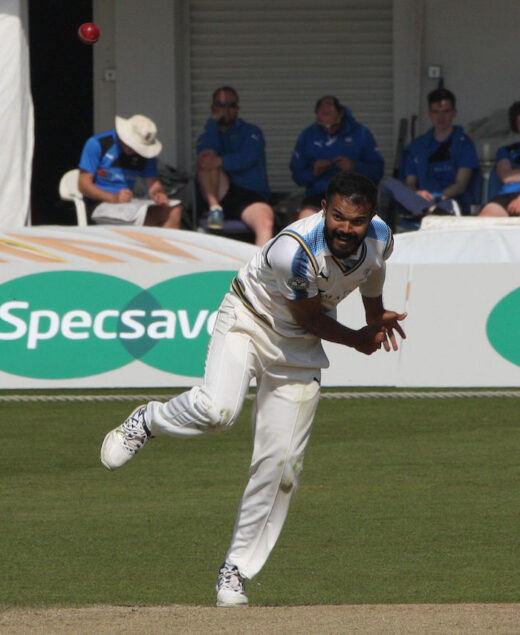Why Egyptian TV covers American police violence
Earlier today I saw a tweet by Shaun King, an American race activist, about Egyptian media coverage and popular interest in American police shootings and resulting protests:
I am in Egypt.
The murder of Stephon Clark by the Sacramento Police is all over the news here. On television and in the newspapers.
People here know about it and are following the case and the protests.
— Shaun King (@ShaunKing) April 1, 2018
I'm quite shocked, actually, that a fairly well-educated and apparently politically astute American would fail to understand the reasons why the media in Egypt would take an interest in police violence in the USA. Egypt is a dictatorship whose president Abdul-Fattah al-Sisi (who you may remember seized power in a coup five years ago, ousting the president who was elected after popular protests unseated the previous dictator, Muhammad Hosni Mubarak) was holding a sham election, has eliminated much of the competition and has since won more than 97% of the vote, compared to just under 3% of the only 'opponent' (whose party has previously endorsed Sisi). If the media are heavily focussing on injustices in another country, particularly a country generally regarded (rightly or wrongly) as a beacon of democratic values, it is to distract the people from the injustices going on in their own country: the fact that their elected president is in prison and thought to be dying, the fact that there is a secret police and a system of 'emergency' laws under which people can be locked up indefinitely on a pretext because the regime considers them a threat, the fact that religion is suppressed and that men cannot even grow beards without being harassed by the police, and so on.
The media in a dictatorship often does this: concentrate on bad things happening in other countries, particularly those the régime has designated an enemy but at least a country on which it's not on particularly friendly terms and from which criticism has come in the past. I once read, for example, that Syrian state media gave the conflict in Northern Ireland particularly detailed coverage; anything to give the impression that the outside world is a dangerous place and that the status quo offers security — as a certain South American dictator would say, and have displayed widely throughout the country, paz, trabajo e bienestar (peace, work and well-being).
 As for popular interest in injustices abroad, this is also a sign that the people cannot protest against what is happening in their own country for fear of being shot dead, sexually assaulted or rounded up and jailed, as happened to Egyptians in the 2011 Arab Spring uprising and in the demonstrations after the coup against President Morsi. It is a regime-approved distraction. (Every so often we see protests "against terrorism" in an Arab country where street demonstrations are usually prohibited, and this is trumpeted by western media and bloggers; this is actually stage-managed by the government as the terrorists they are demonstrating against are also against the government.)
As for popular interest in injustices abroad, this is also a sign that the people cannot protest against what is happening in their own country for fear of being shot dead, sexually assaulted or rounded up and jailed, as happened to Egyptians in the 2011 Arab Spring uprising and in the demonstrations after the coup against President Morsi. It is a regime-approved distraction. (Every so often we see protests "against terrorism" in an Arab country where street demonstrations are usually prohibited, and this is trumpeted by western media and bloggers; this is actually stage-managed by the government as the terrorists they are demonstrating against are also against the government.)
The régime in Egypt is not a great advertisement for racial harmony either. In 2005, the police raided a Sudanese refugee camp in the wealthy Mohandiseen district in east Cairo, killing 20 and injuring 50 while evicting the 2,000 refugees who had chosen that location because it was near to the office of the UN High Commissioner for Refugees. More recently, 15 Sudanese were killed in crossfire between Egyptian 'security' forces and Bedouin smugglers in the Sinai as the migrants attempted to reach Israel — a new favoured destination since the 2005 Mohandiseen massacre. You'd expect a Black American race activist to take account of these things — the name Sudan means land of Black people, after all.
Of course, Egypt isn't the only country where American racist shootings are known of and discussed; the situation is sometimes reported on in the media here in the UK and anyone can follow the relevant accounts on Twitter. But the fact that Egyptians may be hyper-aware of these things isn't really a wake-up call to Americans that "the whole world is watching". It's just the particular thing the unfree media uses to distract people from the poverty and oppression of their own country.


